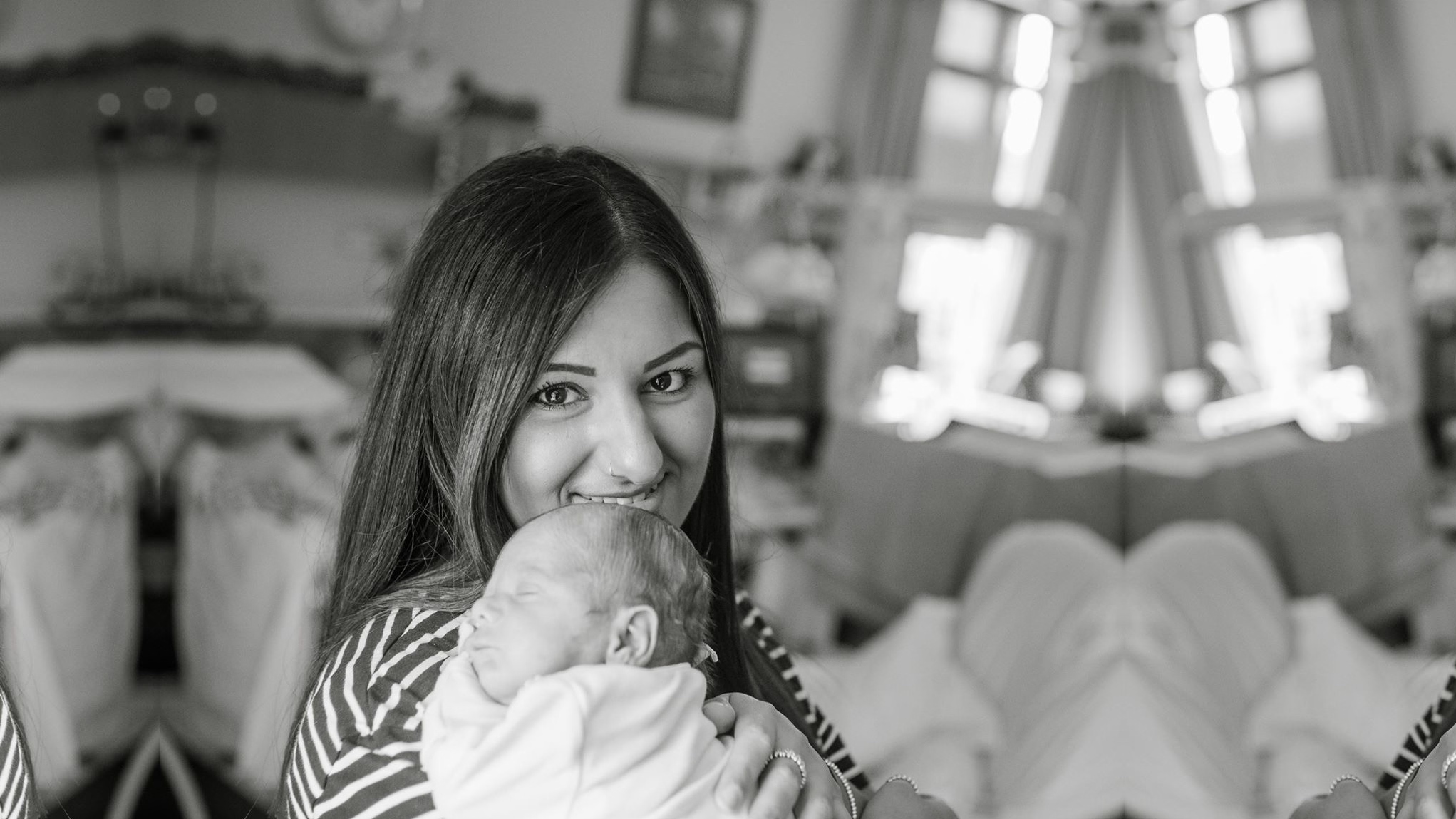
Supporting Families
We’re Aotearoa New Zealands national neonatal charity
The neonatal journey can
be overwhelming.
Parents are often suddenly immersed in an unfamiliar world of machines, alarms, wires, and intensive care. What should be a time of celebration becomes a time filled with fear and anxiety. Depending on their baby’s condition, families may spend days, weeks, or even months in hospital.
That’s where we come in. The Little Miracles Trust exists to walk alongside whānau -offering emotional, practical, and financial support from the moment of diagnosis or birth, through the time in neonatal care, the transition home, and beyond.
There are many different journeys that parents can take when their baby needs neonatal care
Every experience is unique, and it’s important to find the information, support, and path that feels right for you and your whānau.
Explore the options below to discover helpful resources, real stories from other families, and guidance to support you – wherever you are on this journey. You’re not alone. We’re here alongside you.